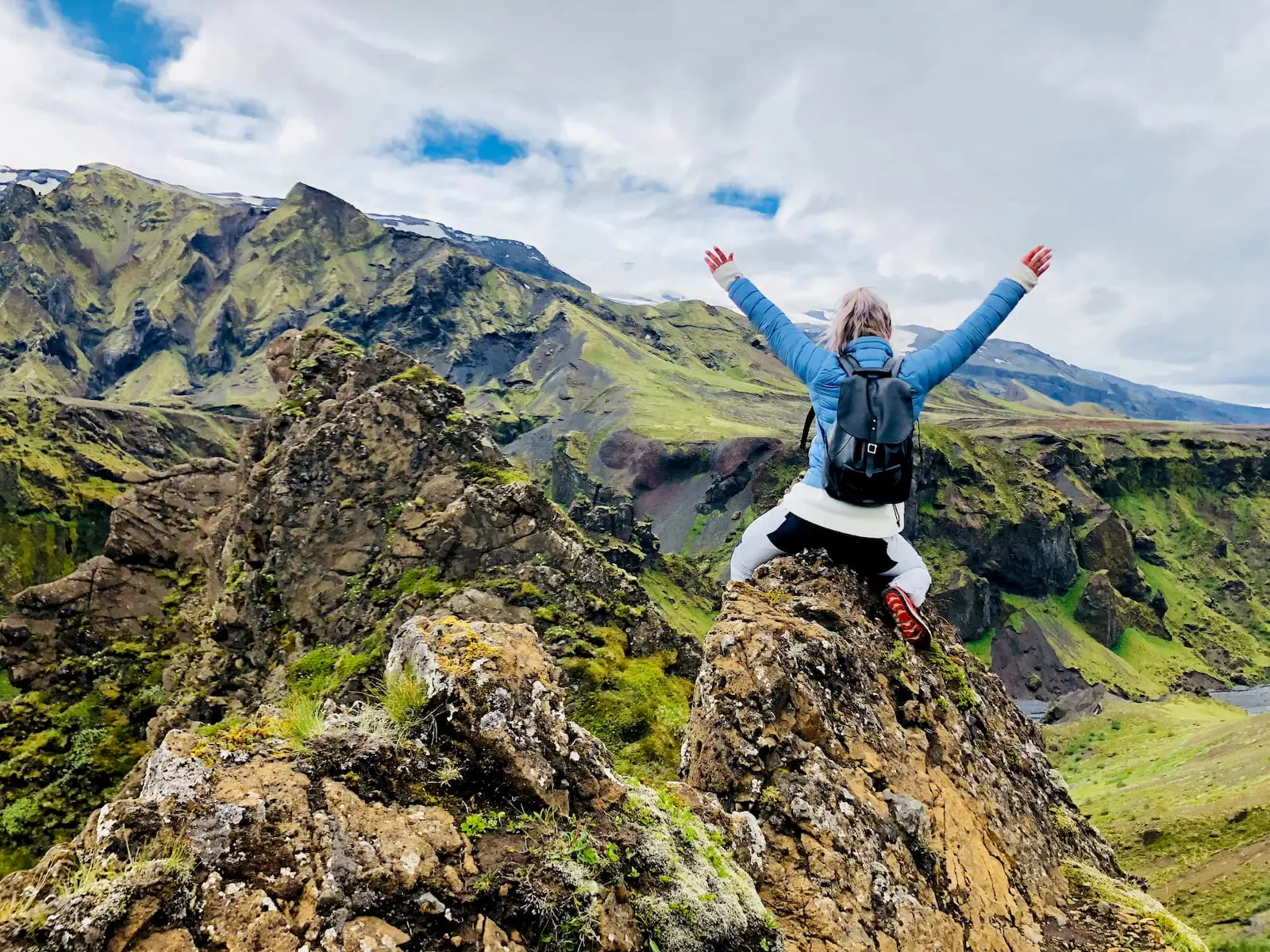
Think of a time where you were “in the zone.” Perhaps you were painting, exercising or playing music. Whatever it was, the activity was challenging, but you were up to the task. You were so engrossed and totally focused on what you were doing that things seemed effortless, you didn’t worry about failure, and time flew by. It was an incredibly rewarding experience and your performance was exceptional.
Hungarian-American psychologist Mihàly Csìkszentmihàlyi is credited with identifying this most desirable human state and labeling it as being in a state of “flow.” He studied thousands of individuals engaged in all kinds of activities – sports, hobbies, creative arts and even working – and his findings are incredibly useful for leaders.
Imagine if you spent more time “in flow.” It should come as no surprise that being in a state of flow is incredibly valuable for the quality and quantity of our output. A McKinsey study showed that we’re five times more productive in a state of flow.
But with all the distractions we face in our day-to-day leadership, the challenge for most leaders is figuring out how to get and stay in flow more often. I work with my executive coaching clients on this issue all the time. As incredibly busy people, they struggle with trying to perform at a high level due to the demands of their role.
It’s certainly possible to be in flow more often, but there are a few essentials. Let’s take a closer look at what is required, then explore four ways you can get and stay in flow.
Csìkszentmihàlyi’s research – and the work of many other researchers since then – uncovered the circumstances needed for individuals to achieve their highest state of performance. Their findings can be boiled down to these essentials:
There are a number of things you can do to increase your chances of experiencing flow. Here are four things that work for me and for my coaching clients:
1. Focus, focus, focus – Every leader has constant demands. But the best leaders are intentional about spending their time and attention on what matters most. When you want to perform at a high level, get laser-focused on just one thing. Make sure that one thing is both challenging AND achievable, such as hiking a difficult trail, getting a major project across the finish line, learning to play a song, or figuring out how to use a new tool.
2. Protect your time -- Schedule a block of time – at least two hours if you can get it – when you can focus without distractions. This might require you to get up early, stay up late, or create “found time” on your schedule by giving up less meaningful activities. You have the time. Just use it differently. Make sure you have everything you need before you begin so you won’t have to start and stop. Set your phone and email aside so you won’t be tempted to check them. If necessary, let others know you are unreachable, except in an emergency.
3. Place matters -- Pick an environment that promotes a positive state of mind. For example, good lighting, relative quiet or soft music. If your project is work-related, look for a place in or near your office that gets you out of your day-to-day routine and allows you to concentrate. Perhaps it is a little used workspace, a library, a garden or something with a water view.
4. “See it” – Before you begin, be sure you are clear about what you want to accomplish. Take a moment to visualize your goal and what it will feel like when you accomplish it. With an inspiring vision in mind, you are more likely to be fully present, ready to tackle the challenge of the activity and motivated to perform at your best.
Getting into a state of flow and staying there more consistently might seem like an impossible pursuit. Eventually, we’re all going to miss a shot, right? That’s true. But by knowing the conditions that help us achieve this state, we can get ourselves there more often, stay there longer, and get back there more quickly.



